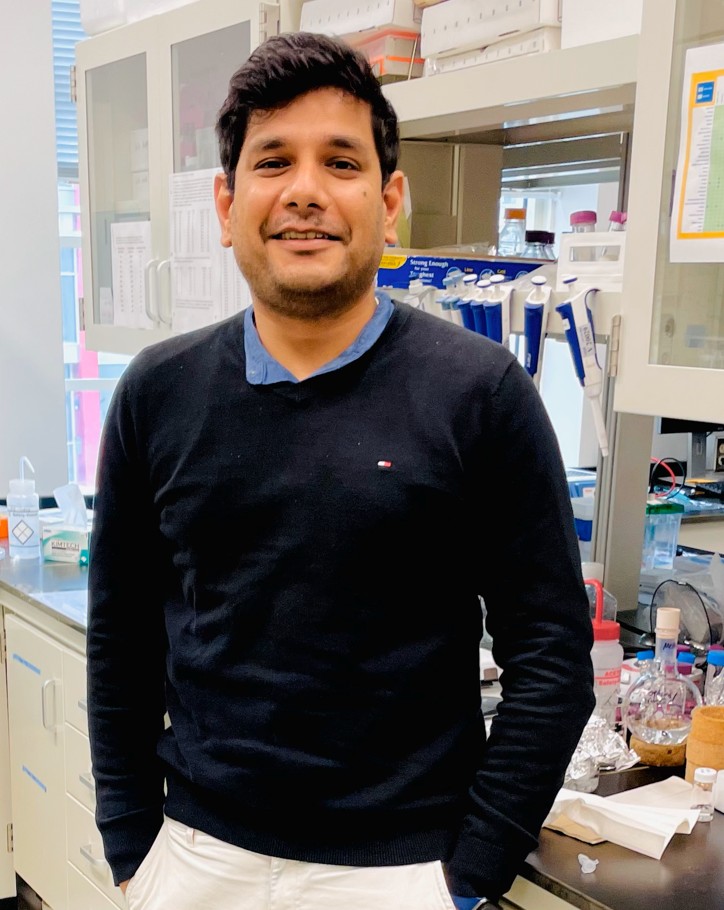
Indrajit Srivastava awarded a grant to support innovative research addressing cardiovascular disease.
Indrajit Srivastava, an assistant professor in the Department of Mechanical Engineering at Texas Tech University, has been awarded the American Heart Association Institutional Research Enhancement Award (AIREA). This prestigious grant provides $200,000 over two years to support innovative research addressing cardiovascular disease.
“I am honored to have received the AIREA grant,” Srivastava said. “This funding will enable us to advance our cutting-edge work in developing imaging tools for early detection of atherosclerotic plaques, addressing a critical need in non-invasive cardiovascular diagnostics.”
The research, rooted in advanced bioengineering, focuses on creating imaging tools that use nanoprobe technology. These nanoprobes mimic platelets and feature ultrabright afterglow luminescence, which enhances deep tissue imaging and signal clarity. The aim is to detect atherosclerotic plaques at earlier stages than traditional clinical methods like CT or MRI, potentially transforming the landscape of cardiovascular disease diagnostics and intervention.
Srivastava’s work builds on his earlier breakthrough in afterglow imaging for cancer surgeries, published last year in Advanced Functional Materials. The technology has shown promise in preclinical models and is now being adapted for cardiovascular applications.
Song-Charng Kong, chair of the Department of Mechanical Engineering, emphasized the significance of the grant. “Srivastava is an emerging researcher passionate about integrating engineering and medicine for healthcare applications.,” Kong said. “His approach of using nanoparticles as markers for medical imaging is rather innovative and can help medical workers with early disease detection.”
The grant also paves the way for transformative changes in research and teaching at Texas Tech. Srivastava plans to expand his lab’s research portfolio to include cardiovascular disease while maintaining a focus on cancer diagnostics and surgical innovations.
“This funding highlights the importance of fostering multidisciplinary research that blends engineering principles with real-world applications,” Dr. Srivastava said. “It inspires me to equip students with the skills to tackle complex challenges at the intersection of health and technology.”
Srivastava’s next steps include validating the nanoprobes in preclinical mice models and advancing the research toward clinical applications. He aims to secure additional funding to expand his lab’s cardiovascular research capabilities while continuing groundbreaking work in cancer diagnostics.
To current and future Texas Tech students, Srivastava offers a message of encouragement: “Great discoveries are born from curiosity and perseverance. At Texas Tech, you’ll find a vibrant community of scholars and mentors dedicated to your success. Together, we can transform passion into groundbreaking achievements.”
For more information about the AIREA grant, visit the American Heart Association website.
